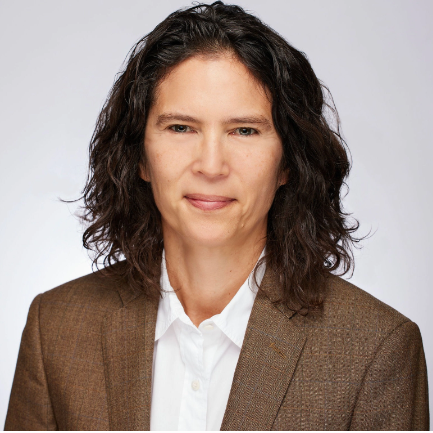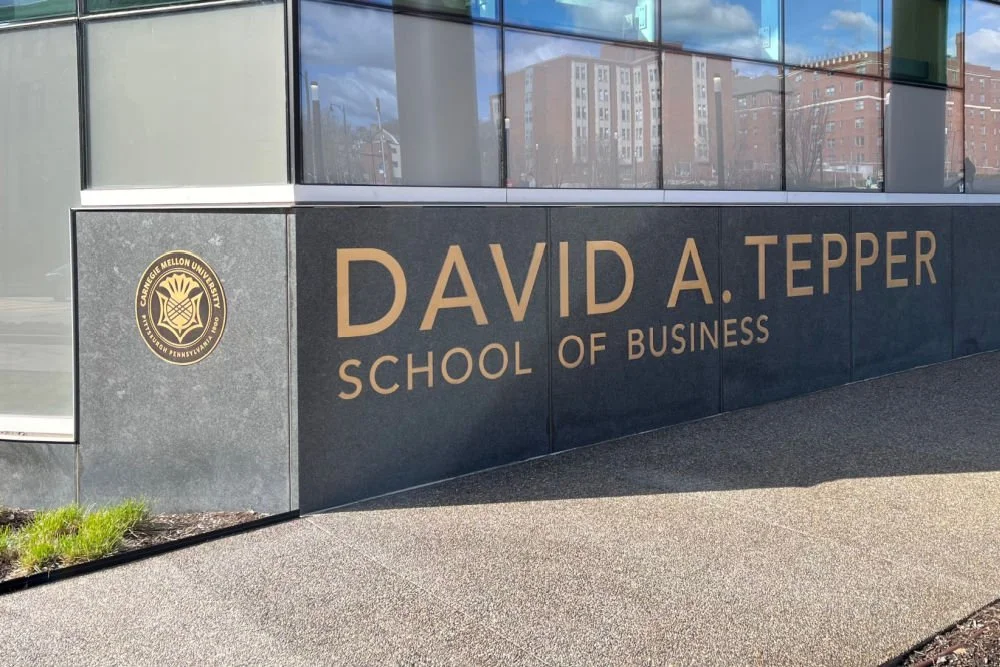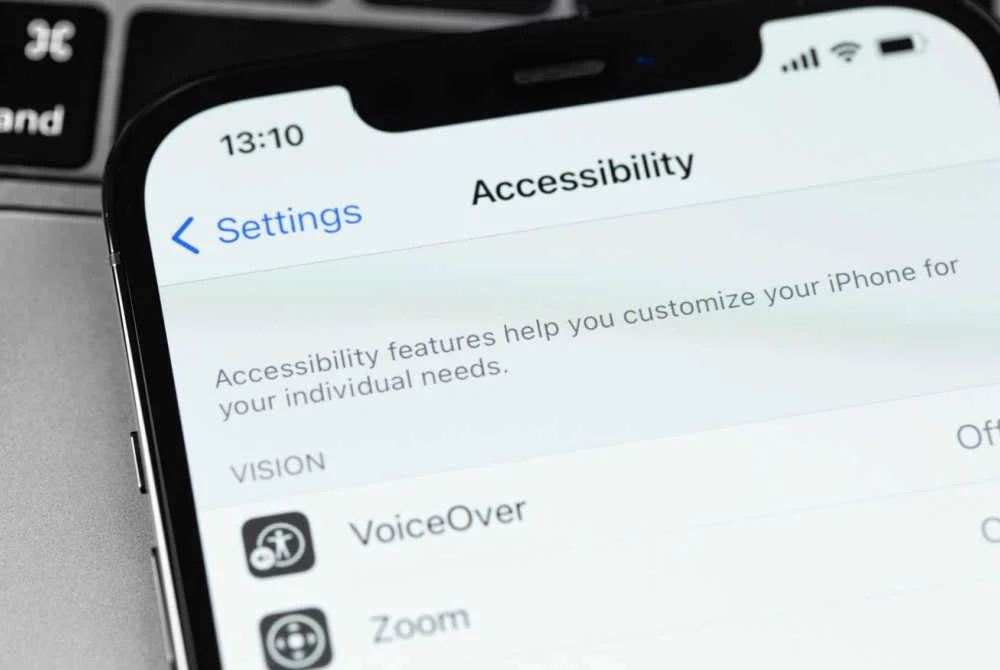A Foundation Looks to Human Service Organizations to Boost Social and Economic Mobility
/Palto/shutterstock
The Kresge Foundation is looking for human service organizations—both nonprofits and public agencies— that promote social and economic mobility to participate in the second year of its Next Generation Initiative. The foundation is looking for 10 organizations, which could get up to $500,000 a piece in funding for the two-year initiative.
That’s serious money and another sign of intensifying work by grantmakers on equity challenges. Kresge’s investment comes at a time when legacy foundations are finding new company on the anti-poverty funding beat. Institutional stalwarts in this space—like Kresge, Annie E. Casey, Ford and Kellogg—are being joined by newer players like the Chan Zuckerberg Initiative, the Ballmer Group, the Bill and Melinda Gates Foundation and Bloomberg Philanthropies. Earlier this year, Gates announced it would take on poverty at home in a much bigger way than it had before. Last month, the foundation teamed up with Bloomberg and Ballmer to use data to push for greater economic mobility in cities. This year, also, Ballmer opened an office in Detroit and has already made $16 million in grants to nonprofits in the city.
Kresge’s latest initiative is part of the foundation’s human services program, which focuses on “providing families and communities who struggle with the daily realities of living in poverty with the tools they need to enter, and advance in, the economic mainstream.” Kresge is known in particular for the urban focus it brings to its work. The foundation’s grantmaking to fight climate change, for example, centers around cities and their role.
The Next Generation Initiative is now in its second year. Past grantees have included More Than Words, a nonprofit in Waltham, Massachusetts, that provides job opportunities for kids who are homeless or in foster or court systems; UTEC, an organization in Lowell, Massachusetts, that works with young adults with histories of incarceration or gang involvement, connecting them with jobs in social enterprise and helping them get high school credentials; and the Center for Urban Families, Inc., in Baltimore, Maryland, which helps dads achieve economic stability in an effort to support their families.
Kresge is looking for grantees that center on people, use data and outcomes to drive their work, and pursue projects using a racial equity lens. Kresge emphasizes racial equity throughout its direct services work and more broadly. Its poverty work has a lot in common with Ford and Kellogg in that respect.
If chosen, organizations will get a chance to collaborate with others in the group, including during two in-person gatherings each year. The initiative has three components—fostering leaders, developing a community of practice and coming up with plans for each organization and the whole cohort to accelerate economic mobility.
Kresge also emphasized that prospective grantees should focus on sector impact and system-wide change. That last piece is key, but can be a tricky balance to strike. Direct services are often necessary, and a receding publicly funded social safety net shortchanges the organizations that provide them. However, focusing on direct services at the expense of pushing for structural change is one reason philanthropy has had such a hard time moving the needle on inequality over the long term. In particular, America’s urban areas have been battered by large-scale economic shifts and policy changes that have dramatically underscored the limits of funding local place-based solutions.
Related:
Systemic Failure: Four Reasons Philanthropy Keeps Losing the Battle Against Inequality
A Foundation Gives $1 Billion in One City and Things (Mostly) Get Worse. What’s the Lesson?
Kresge is no stranger to bigger battles over economic inequality. Over the years, foundation grants have flowed to national nonprofits working in this space, such as the Center for Community Change, the Center for Budget and Policy Priorities, and the Center for American Progress. Earlier this year, Kresge joined with other top equity funders, including Ford and Annie Casey, to launch Funders for Housing and Opportunity, a collaborative taking on the housing crisis with a major focus on policy advocacy. The group put out $4.9 million to push for stable, affordable housing as part of its inaugural grants.
Kresge is also one of the many supporters of the Family Independence Initiative, a nonprofit that gives grants directly to families to spend as they see fit in exchange for data on their circumstances and how they choose to spend the money. The organization uses the data to better inform social programs—Kresge believes that social programs are operating with inaccurate assumptions.
FII doesn’t consider itself an organization that runs programs or provides services, but its combination of giving resources to families directly, while also pushing for structural changes, sounds a lot like what Kresge is looking for in its Next Generation grantees.
Organizations interested in participating should apply by Jan. 15, 2019. Grantees will be announced Feb. 1.
Related:
Big Problem, Limited Funds: Can Philanthropy Make Headway on Housing?
"An Instrument for Greater Equity." More Guidance from a Leader on Creative Placemaking
No Silver Bullet: Behind an Effort to Tackle the Racial Wealth Gap in Urban America
Who's Backing the Nonprofit Investing Directly in Poor Families?







































